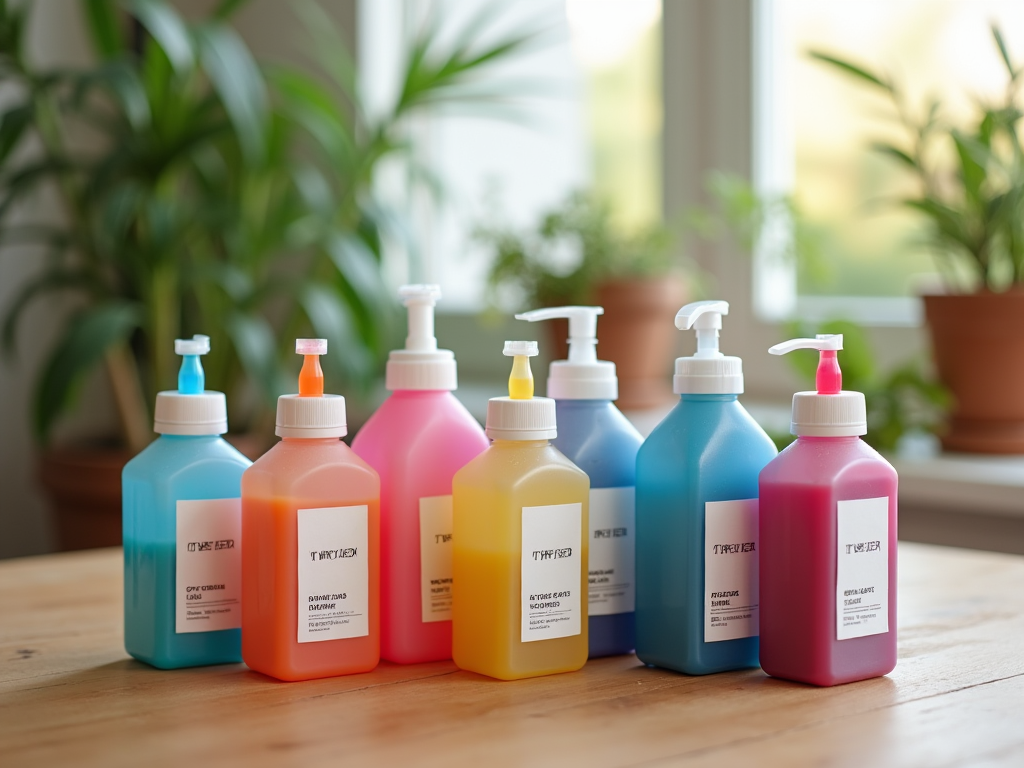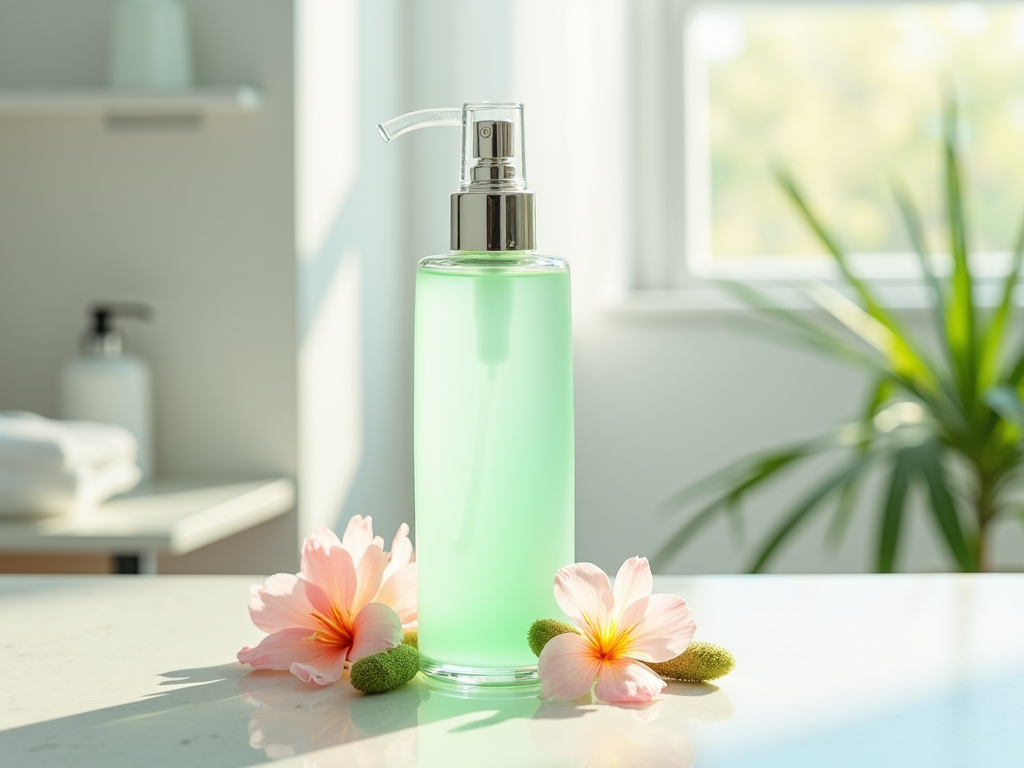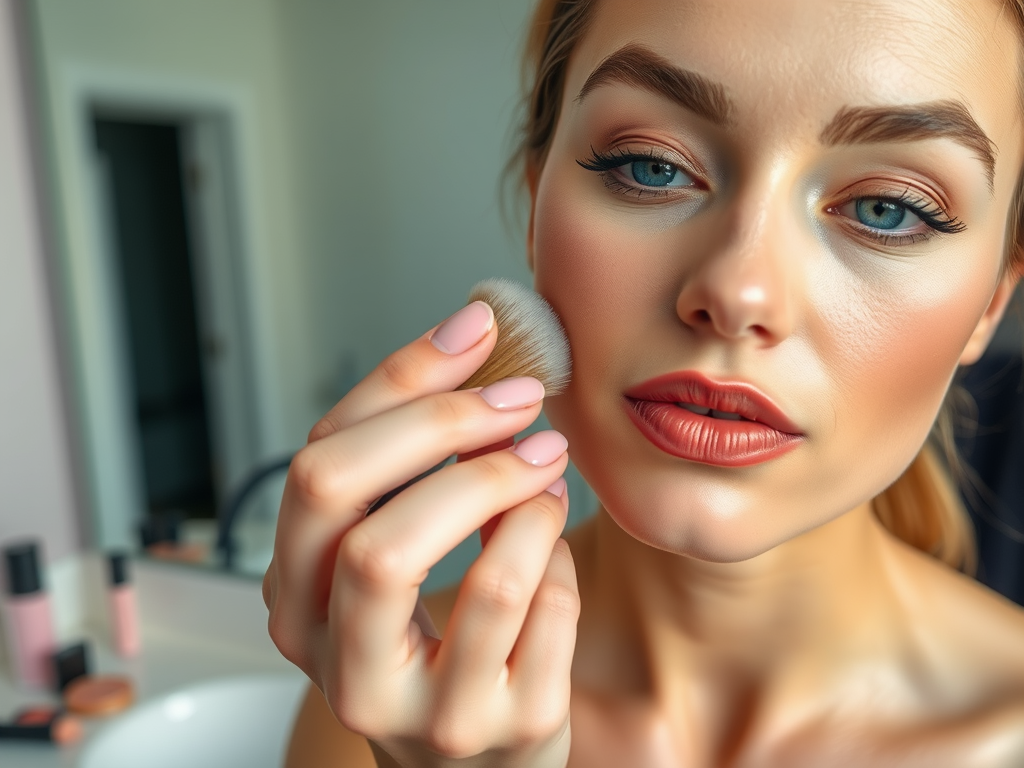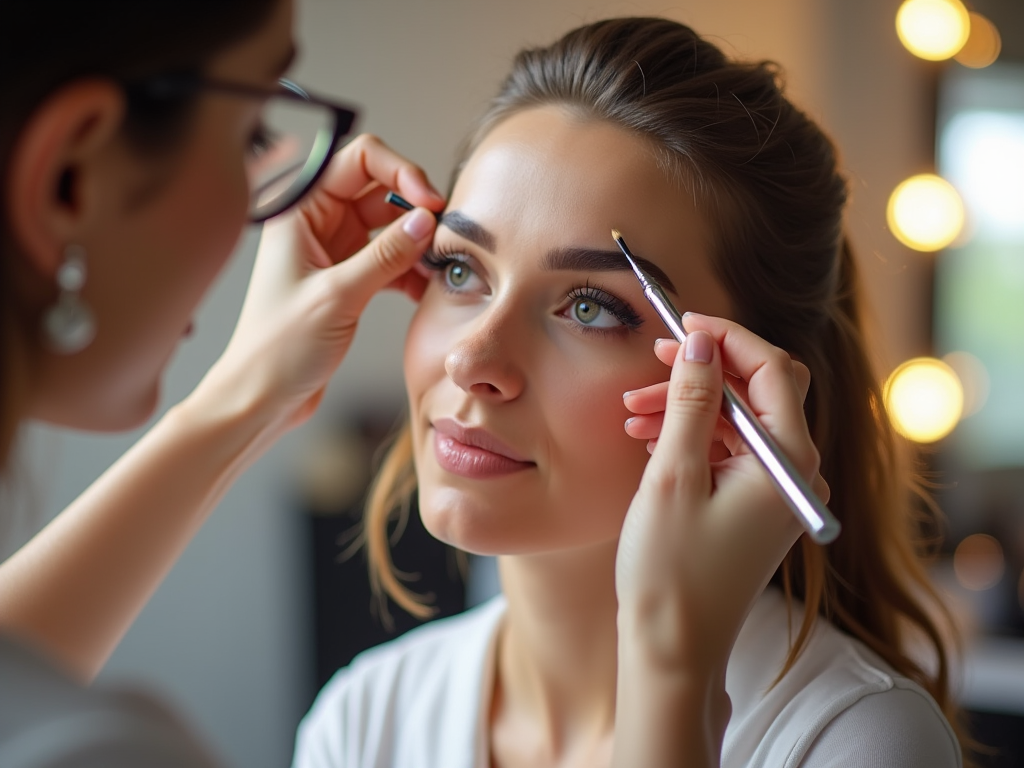Every skincare routine seems to mention toner, yet many wonder about its actual impact on skin health. For centuries, toner has held a place in the beauty world, often relegated to the role of a secondary product in the quest for flawless skin. However, as cosmetic formulations evolve, so does our understanding of what toner can achieve. This article aims to demystify toner, exploring its various benefits, who needs it, and whether it’s essential in your daily regimen. Understanding the purpose of toner can empower you to make informed choices about your skin health. Is it a luxurious add-on or an indispensable step in your skincare routine? Let’s find out.
Understanding Toner: What Is It?

Toner is a liquid skincare product typically applied after cleansing and before moisturizing. Traditionally, it was used to remove excess oil and tighten the appearance of pores, but modern formulations have broadened its applications. Today, toners often contain an array of beneficial ingredients designed to address various skin types and concerns. For instance, some toners may include antioxidants, hydrating agents, or even exfoliating components. While its definition has evolved, the central idea remains: toner is intended to complement your cleansing routine. Its role is more nuanced than ever, making it essential to understand what exactly a toner can do for your skin.
Benefits of Using Toner

The advantages of incorporating toner into your skincare routine are multifaceted and hinge on its formulation. Not every toner is created equal; thus, specific benefits may vary depending on the type chosen. Here we delve into some of the common benefits associated with using toner:
- Balancing the Skin’s pH: Toner can help restore the natural pH balance after cleansing, which is crucial for maintaining skin health.
- Removing Residual Impurities: Even after cleansing, leftover makeup and impurities can linger. Toners assist in washing these away.
- Hydration and Nourishment: Many modern toners are designed to hydrate the skin, infused with elements like hyaluronic acid or botanical extracts.
- Targeting Specific Skin Concerns: Some toners contain specialized ingredients aimed at addressing specific issues like acne or enlarged pores.
| Type of Toner | Purpose | Key Ingredients |
|---|---|---|
| Hydrating Toner | Moisturizes and preps skin | Hyaluronic acid, glycerin |
| Astringent Toner | Reduces excess oil | Witch hazel, alcohol |
| Exfoliating Toner | Removes dead skin cells | Salicylic acid, glycolic acid |
| Calming Toner | Soothes irritated skin | Aloe vera, chamomile |
Do You Really Need It?
Determining whether you need a toner hinges on your unique skin type and concerns. While some find it essential, others may opt to skip this step. To guide your decision, consider the following factors:
- Oily or Acne-Prone Skin: If your skin is on the oily side or prone to breakouts, a toner with exfoliating properties can help manage oil and prevent acne.
- Dry or Sensitive Skin: For those with dry or sensitive skin, a hydrating toner with soothing ingredients can be a game-changer, helping to restore moisture and prevent irritation.
- Normal or Combination Skin: Individuals with normal skin might benefit from a versatile toner that maintains pH balance without stripping essential oils.
Once you evaluate your skin type, it’s vital to assess your current skincare regimen. If your cleanser effectively removes makeup and impurities without leaving your skin feeling tight or parched, you may not require toner. However, if your skin feels dry or uncomfortable after cleansing, incorporating a toner can help restore moisture and balance. Understanding your skin’s needs will guide you in deciding whether to integrate toner into your routine.
Conclusion
In summary, toner can play a beneficial role in your skincare arsenal, depending largely on your individual skin type and specific concerns. While it may not be necessary for everyone, those seeking additional hydration or targeted treatments can find significant value in this product. By knowing what each type of toner can offer, you can make informed choices that suit your unique needs. Ultimately, nurturing your skin is a personal journey, and whether toner is included in that journey is entirely up to you.
Frequently Asked Questions
- What types of toners are available? There are hydrating toners, exfoliating toners, astringent toners, and calming toners—each suited to different skin needs.
- How should I apply toner? Toner can be applied using a cotton pad or simply splashed onto the skin with clean hands after cleansing.
- Can I use toner every day? Yes, most people can use toner daily; however, those with sensitive skin should opt for gentle formulas and may want to limit use.
- Is toner necessary for oily skin? While not mandatory, using an exfoliating toner can help manage oil production and reduce breakouts.
- Can toner replace moisturizer? No, toner can enhance hydration but does not provide sufficient moisture on its own; a moisturizer is still needed for best results.



